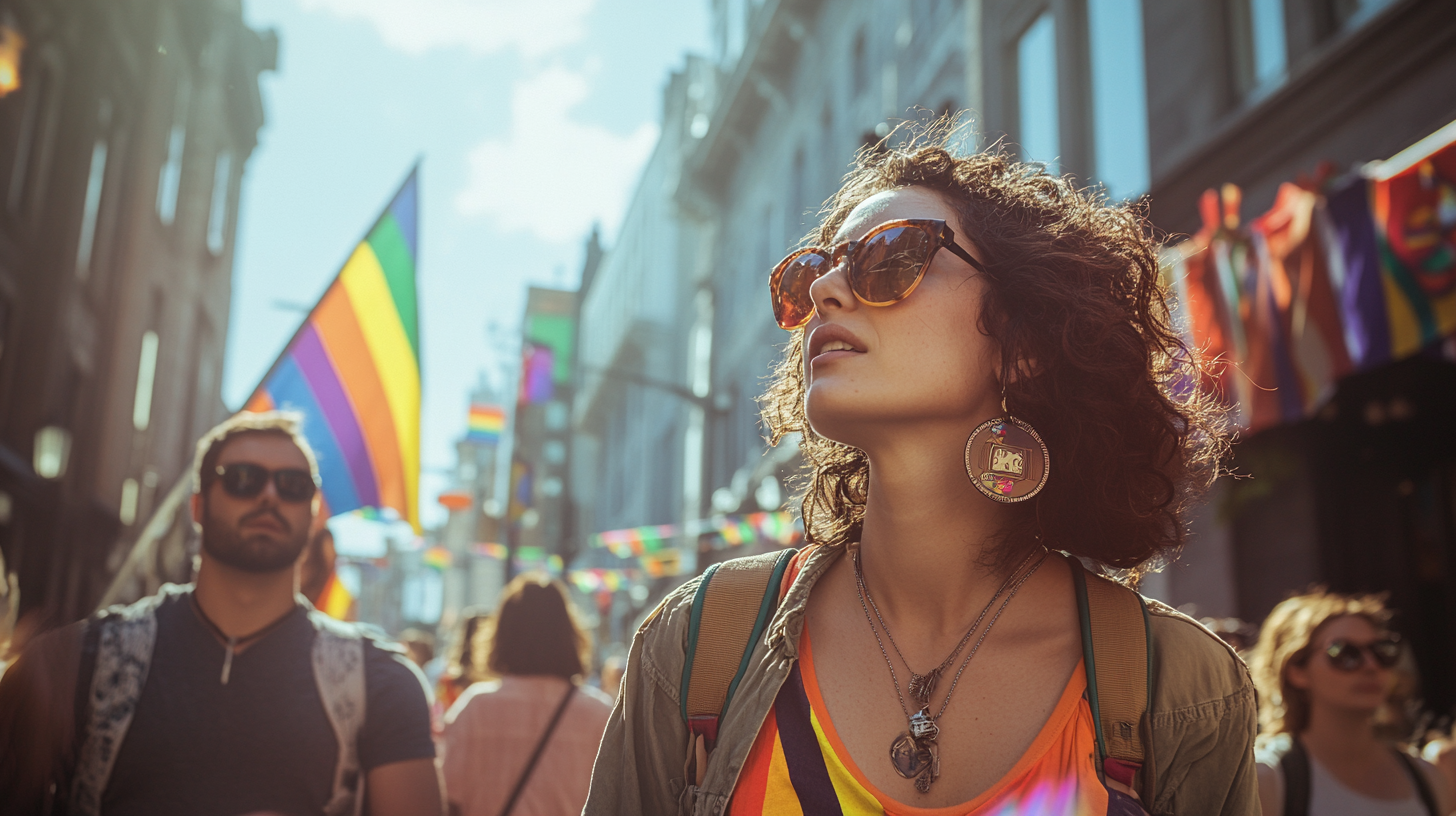French-Speaking LGBTQ+ Activists in Africa Face Unique Challenges Amid Funding Disparities
In a world where marginalization and discrimination of LGBTQ+ communities continue, French-speaking LGBTQ+ activists in Africa are grappling with significant funding disparities compared to their English-speaking counterparts. A Montreal-based group, Égides, with support from the Quebec government, has taken on the mission to advocate and raise awareness for these underfunded communities.
Addressing the Funding Gap
Activists working in French-speaking African countries face numerous challenges, primarily due to the lack of adequate funding and resources that are more accessible to their English-speaking peers. This imbalance can significantly affect their ability to campaign, support victims of discrimination, and promote LGBTQ+ rights effectively.
Égides has positioned itself at the forefront of advocating for increased support and equal representation in global initiatives for LGBTQ+ rights. “The disparity in funding creates an uneven playing field for French-speaking activists who are doing commendable work under challenging circumstances,” said Jean-Paul Aristide, a board member of Égides.
Local Impact on the Community
This funding gap has a domino effect on the local communities these activists serve. Many organizations in French-speaking Africa are struggling to sustain their operations, which directly impacts their ability to offer legal aid, mental health services, and safe spaces for their LGBTQ+ community members.
For the local population, these challenges translate to a slower progression of social change. Activists continually fight not just for acceptance and inclusion, but for the basic rights that many take for granted. The assistance provided by Égides and support from international allies like the Quebec government is crucial. It ensures that these voices are heard and that French-speaking LGBTQ+ activists continue to push for equality amidst financial hurdles.
Connecting to Wider Global Issues
The plight of French-speaking LGBTQ+ activists also ties into broader issues of linguistic discrimination and economic imbalance on the global stage. This problem highlights how international aid and global movements can sometimes overlook significant segments of populations due to language and regional biases.
Marie-Thérèse Somba, director of a leading LGBTQ+ organization in Cameroon, noted, “Our unique position as French-speaking activists often means our struggles are shadowed by larger, English-dominated narratives. Yet our needs are the same, if not more pressing due to the sociopolitical landscapes we navigate.”
Looking Ahead: The Future of Activism
Despite these challenges, there is hope for the future as advocacy continues to gain momentum. Organizations like Égides are calling for increased collaboration between French and English-speaking activists, international bodies, and policymakers to ensure that funding is equitable and accessible to all, regardless of language barriers.
Jean-Paul Aristide emphasized, “By bridging language divides and advocating for equitable resources, we can uplift the entire LGBTQ+ activist community across Africa and achieve a more inclusive global movement.”
Encouraging Balanced Perspectives
While highlighting the struggles faced by French-speaking activists, it’s also imperative to acknowledge the work being done to close this gap. International partnerships are evolving and more organizations are becoming aware of the disparities, leading to the potential for change.
It’s crucial for media outlets, including those in the United States such as Woke News, to provide platforms for these narratives. By covering the nuanced challenges and successes of these activists, media can play a pivotal role in influencing public opinion and directing global attention toward equitable aid distribution.
Resources and Support Channels
For those looking to get involved or support French-speaking LGBTQ+ activism, Égides provides various resources and avenues for engagement. Citizens and organizations interested in contributing to this cause can participate in advocacy programs, financial support initiatives, and educational campaigns aimed at increasing awareness and inclusivity.
As the struggle for LGBTQ+ rights continues worldwide, the resilience and determination of French-speaking activists in Africa serve as a testament to the power of grassroots movements and international solidarity. By addressing these funding gaps and building bridges across linguistic divides, a brighter, more inclusive future lies on the horizon for these communities.







